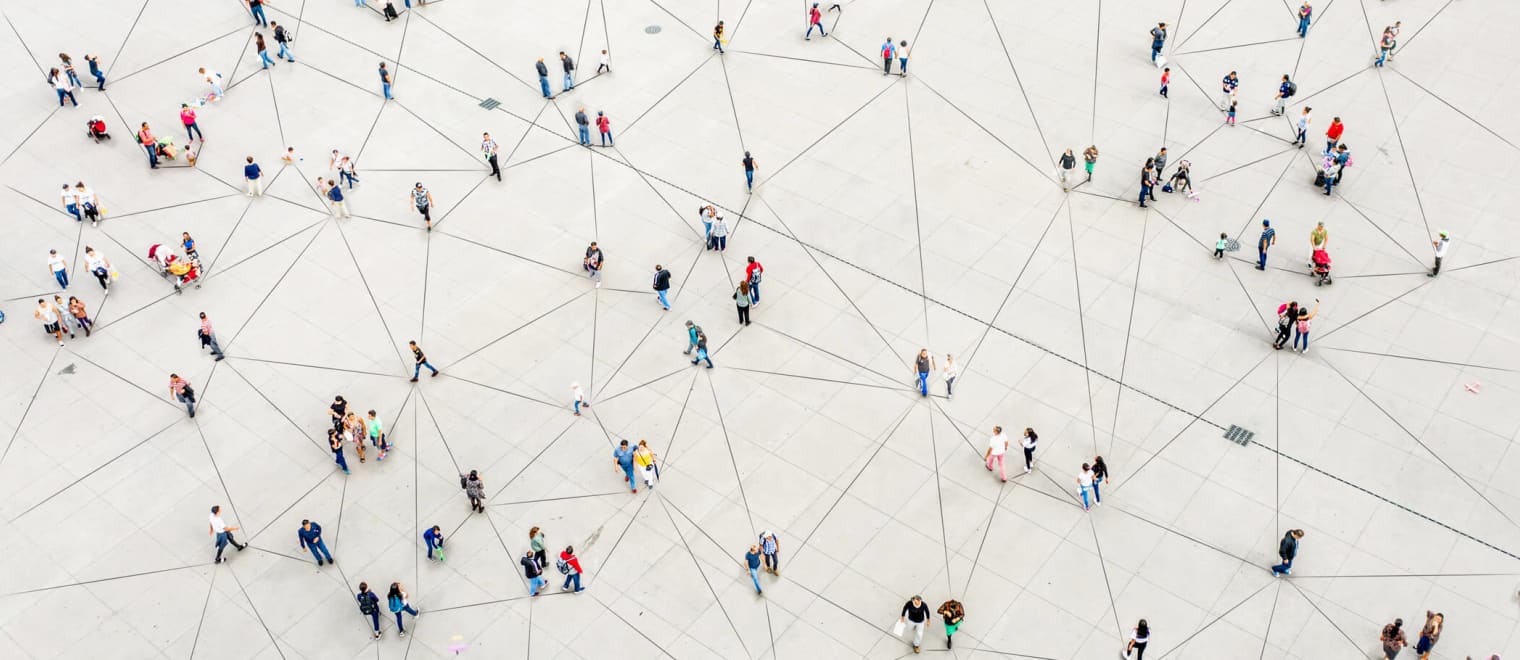This informal CPD article, ‘Emotional resilience and human connections‘, was supplied by Dr Liz Royle of KRTS International, who offer training to help people recover from the psychological and emotional impact of a traumatic event they have experienced.
If you research the subject of increasing or maintaining mental wellbeing, you’re sure to find one of the standard recommendations is to build strong social connections. However, what you may not discover is just why this is so important. This article puts the subject of emotional resilience and human connections into psychological context so that we can better understand the link.
Emotional resilience and human connections
The human need for connection is visceral, primitive and hard-wired into our brains. This means that we can respond in a strong and negative way to any perception of disconnection. At the most basic level, for animals that predominantly live in social groups (and that includes human beings), physical isolation brings danger. It leaves the individual exposed to predators without the protection of the flock or herd or tribe.
Another layer to this relates to the fact that humans are mammals. Young mammals are vulnerable and rely on others for quite some time. For them, abandonment by the protecting family or social group means death. They will react strongly to any perception of abandonment as this is literally a survival issue.
As we grow older, we become more independent and self-sufficient. But when we feel unsure about our abilities or anxious about our environment, we also return to being more sensitive to disconnection. We need to know that our basic needs can be met and that “the tribe” will come and protect us if required. The tribe may translate as our family, friendship groups or the organisation we work for.
Social Identity
The third layer in our need for connection is related to our social identity. Who are we? Aside from being a social animal, mammal – what kind of social group do we belong to?
Social identity theory underpins the value and protection of a group that we identify with. We are more likely to accept support from “people like us” and to feel safe. Being outside that social group brings danger. We can see the power of this primitive fear in issues such as stigma, ostracizing and bullying. This feeling of being outside the group can also be triggered when we don’t feel visible or valued as a person or we don’t feel we have a voice or any influence.
One of the strongest social groups we belong to is our work group. Work is a major influence in our lives – if we discount sleep, we often spend more time at work than at home. It has the ability therefore to impact on our mental health in a positive or adverse way.
Some people however, may work in an environment where the connections are weakened. That can include anyone whose job involves working alone, maybe out traveling remotely, working from home or in an isolated setting within the workplace. It can also include environments with poor leadership, fragmented or overly competitive teams, bullying and blame cultures.














